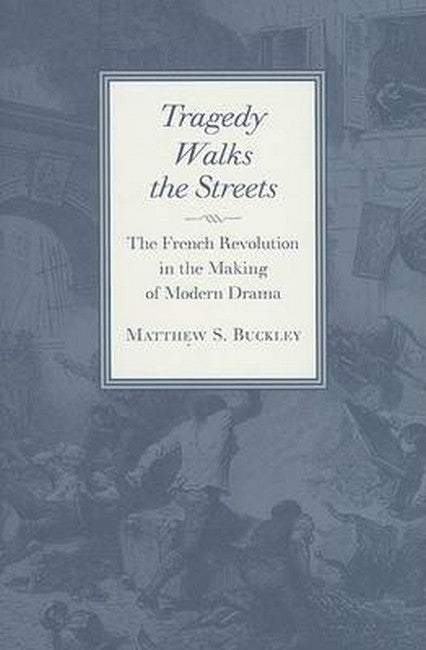Tragedy Walks the Streets challenges the conventional understanding that the evolution of European drama effectively came to a halt during France's Revolutionary era. In this interdisciplinary history on the emergence of modern drama in European culture, Matthew S. Buckley contends that the political theatricality of the Revolution tested and forced the evolution of dramatic forms, supplanting the theater itself as the primary stage of formal development. Drawing on a wide range of texts and images, he demonstrates how the social and political enlistment of dramatic theatricality inflected rising social and political tensions in pre-Revolutionary France, shaped French Revolutionary political culture, conditioned British political and cultural responses to the Revolution, and served as the impetus for Büchner's radical formal innovations of the 1830s. Setting aside traditional boundaries of literary scholarship, Buckley pursues instead a history of dramatic form that encompasses the full range of dramatic activity in the changing cultural life of the late eighteenth and early nineteenth century, including art, architecture, journalism, political performance, and social behavior. Surveying this expanded field of inquiry, Buckley weaves together a coherent formal genealogy of the drama during this period and offers a new, more continuous generic history of modern drama in its first and most turbulent phase of development.

